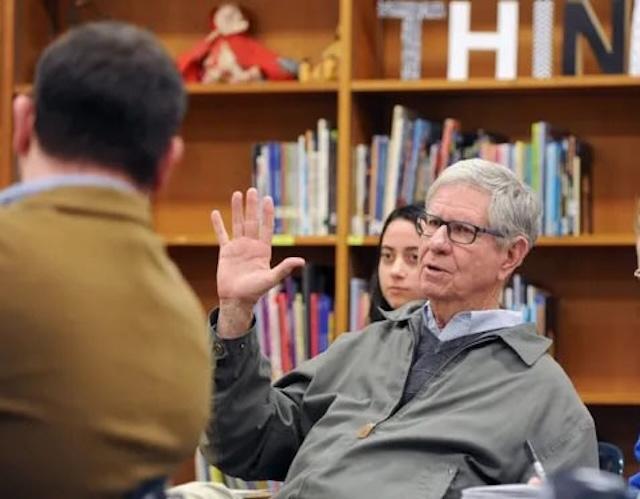Pre-K? What do you know? Is it free for some or all? Is it babysitting or learning?
As the school starts, parents and teachers will begin the process of discussing each child’s academic progress throughout the year.
The importance of early intervention cannot be emphasized enough as the panacea to mitigate later academic struggles with research proving the case for solid pre-K programs as the best start for young children on their academic journey.
Annie E. Casey Foundation study found, “early childhood education is strongly linked to later student success and positive health outcomes” among other strong results about pre-K programs.
The adage of pay now or pay later is very relevant for America’s public schools. Pre-K is not an add-on but rather an integral part of our educational system. Unfortunately, it is offered only free as a voluntary pre-K program for a small number of students with the majority in our state having to pay daycare prices to receive the service for their children.
The advantage of receiving the pre-K learning for the children can be understood by the skills that are taught in a pre-K program leading into kindergarten where children are expected to exit with basic reading level skills.
To understand what skills a child entering from a solid pre-K program has learned, see them here. Now, if you have a child with an academic deficit who did not attend a pre-K program, can you track back to any of these skills that might have mitigated that issue?
I am a strong supporter of public education. Privatization takes funds out of the public school and puts it in the hands of private enterprises.
Funds, instead, could be used to implement pre-K programs across all demographics.
To be apolitical when it comes to education is magical thinking so be alert as it may be your child, grandchild, niece or nephew whose education is at stake.
Bob Kronick is professor emeritus University of Tennessee. Bob welcomes your comments or questions to rkronick@utk.edu.

